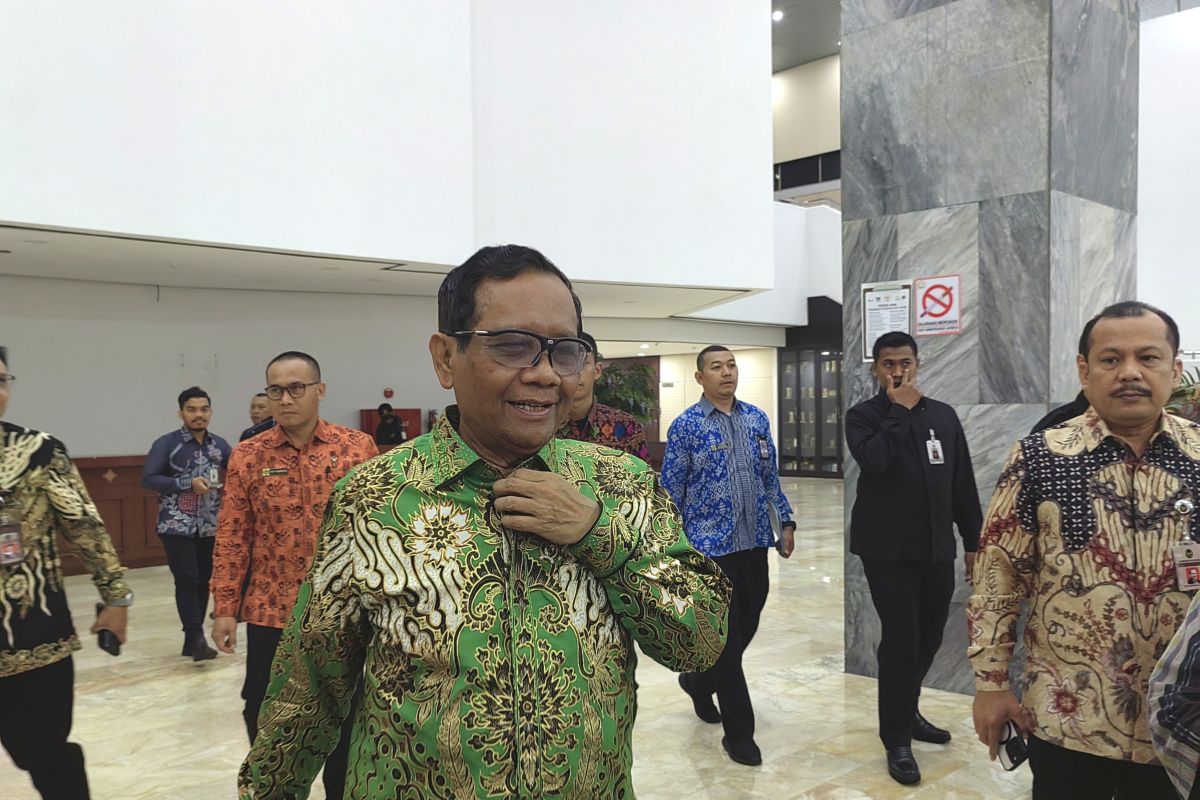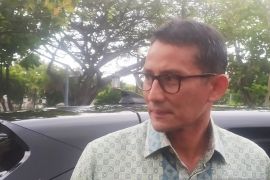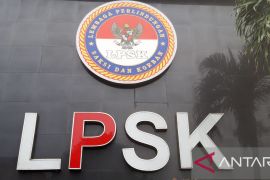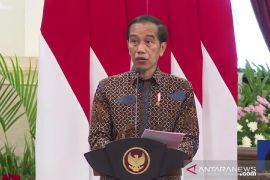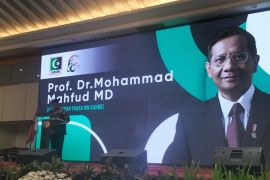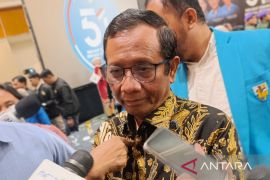From a legal aspect, if the alleged perpetrator has died, the case is closedJakarta (ANTARA) - Coordinating Minister for Political, Legal, and Security Affairs Mahfud MD has described the non-judicial resolution of gross human rights violations as a call to restore humanity.
Such a settlement does not dismiss the possibility of resorting to judicial resolution of gross human rights violations, Mahfud added.
"So, there would be no misunderstanding, as if this non-judicial settlement closed off the (proceedings) of this judicial case; no (it is not like that). This is our call to (restore) humanity, as a nation, for the victims, not toward the perpetrators," he clarified.
He conveyed the remarks after attending a meeting with the Regional Representatives Council's (DPD) First Committee at the parliamentary complex here on Tuesday.
He explained that the judicial resolution of cases involving gross human rights violations often runs into some difficulties due to lack of evidence. As an example, he cited an instance where 35 defendants in four such cases were released judicially.
"How would you prove it, especially when the alleged perpetrators have died? From a legal aspect, if the alleged perpetrator has died, the case is closed," he explained.
In the resolution of gross human rights violations, the emphasis is on victims' rights, the minister said.
"So many people fell victim, houses got burnt, got shot during the incident, got their parents killed as well, despite not being involved, those are the victims. Those are who we are (aiding) now," he added.
Hence, non-judicial resolution of gross human rights violations, which highlights victims' recovery, does not negate the judicial resolution, he said.
Both go hand in hand, he added.
He disclosed that in the meeting with DPD, he provided a comprehensive explanation of the non-judicial resolution of gross human rights violations.
On June 27, President Joko Widodo (Jokowi) officially launched the recommendation for non-judicial resolution of Indonesian gross human rights violations in Aceh as a means to help victims get their rights.
"In the name of God the most gracious and most merciful, this noon, I officially launch the recommendation for non-judicial resolution of Indonesian gross human rights violations," he said in Pidie district, Aceh.
Related news: Ministry provides aid for victims of human rights violations in Aceh
Related news: Jokowi offers to restore citizenship to exiles
Related news: Wounds from past human rights violations should be healed: Jokowi
Translator: Melalusa Susthira K, Mecca Yumna
Editor: Sri Haryati
Copyright © ANTARA 2023
